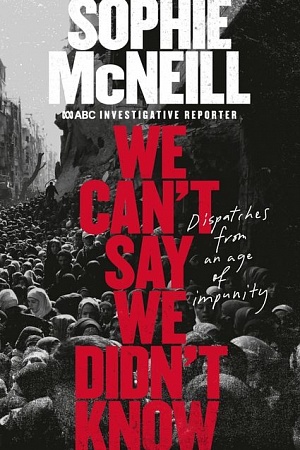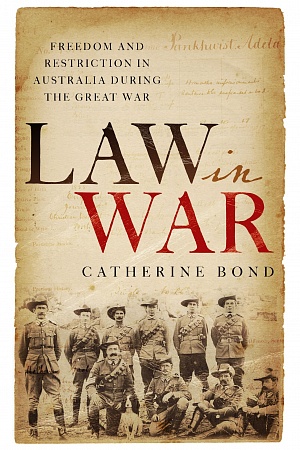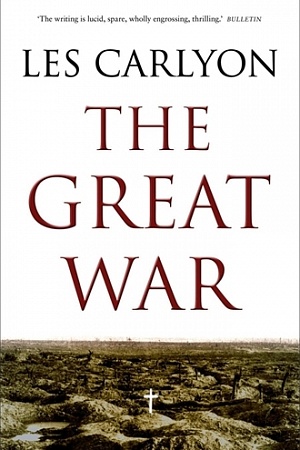The Taliban and the Crisis of Afghanistan
Harvard University Press (Inbooks), $54.95 hb, 430 pp
A quick fix
In its 250 years of statehood, Afghanistan has gone through numerous episodes of political rupture. The principal causes of these upheavals have remained more or less the same: an underdeveloped economy and the inability of the rulers to shift from a tribal political culture, to a more participatory national politics based on modern and democratic national institutions and rules of governance. As a result, with rare exceptions, the rulers of Afghanistan have depended on foreign patrons and not on the human and material resources of the nation to rule. This political milieu of buying the support of tribal leaders has led to fratricidal wars of succession and pacification, with devastating consequences, resulting in extended periods of political and social unrest and lawlessness. These bloody conflicts, often called jihad by the contestants, have facilitated and even invited foreign interventions by the British, Russians, Pakistanis, Iranians, and now the Americans and their allies.
Continue reading for only $10 per month. Subscribe and gain full access to Australian Book Review. Already a subscriber? Sign in. If you need assistance, feel free to contact us.















Leave a comment
If you are an ABR subscriber, you will need to sign in to post a comment.
If you have forgotten your sign in details, or if you receive an error message when trying to submit your comment, please email your comment (and the name of the article to which it relates) to ABR Comments. We will review your comment and, subject to approval, we will post it under your name.
Please note that all comments must be approved by ABR and comply with our Terms & Conditions.